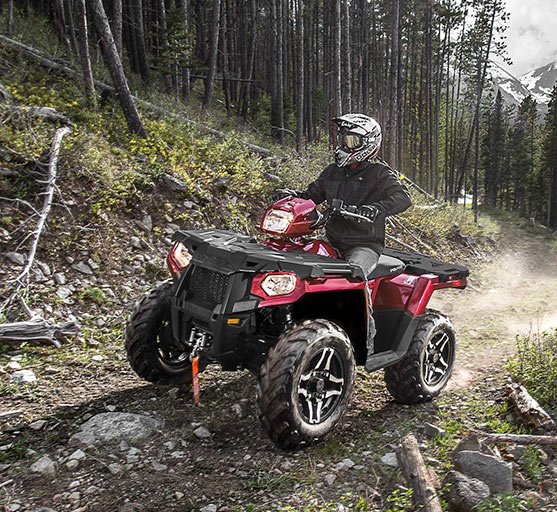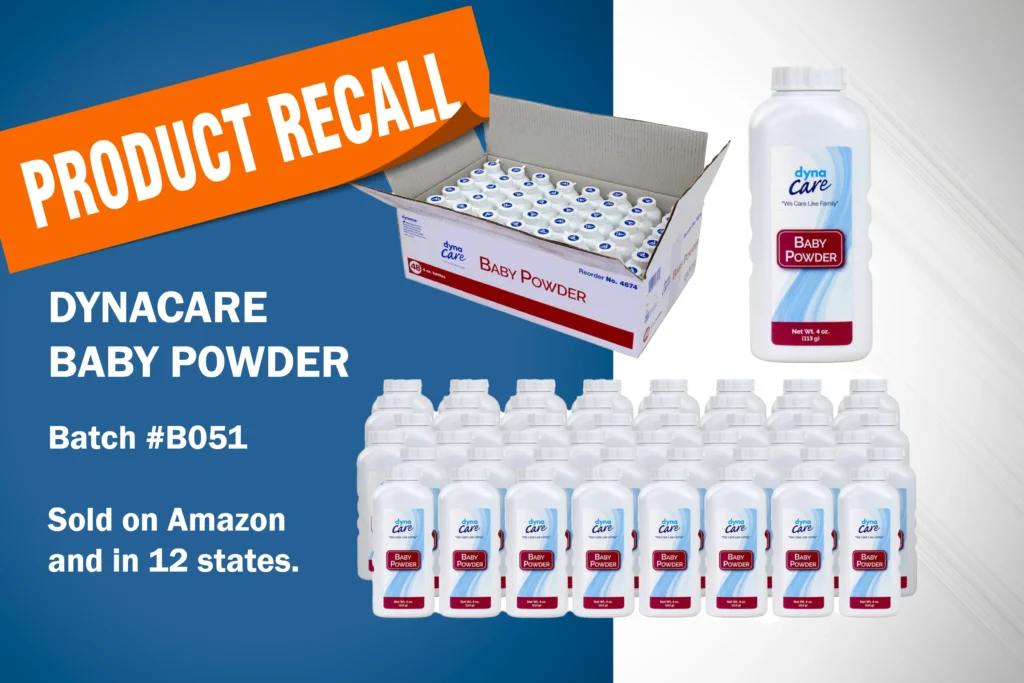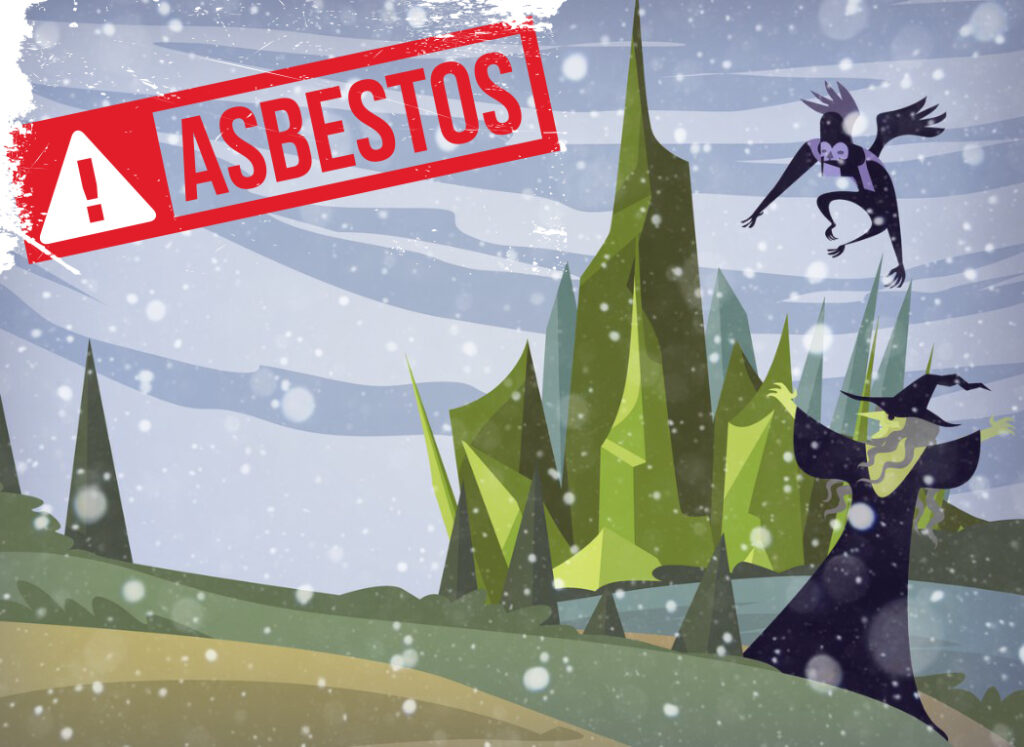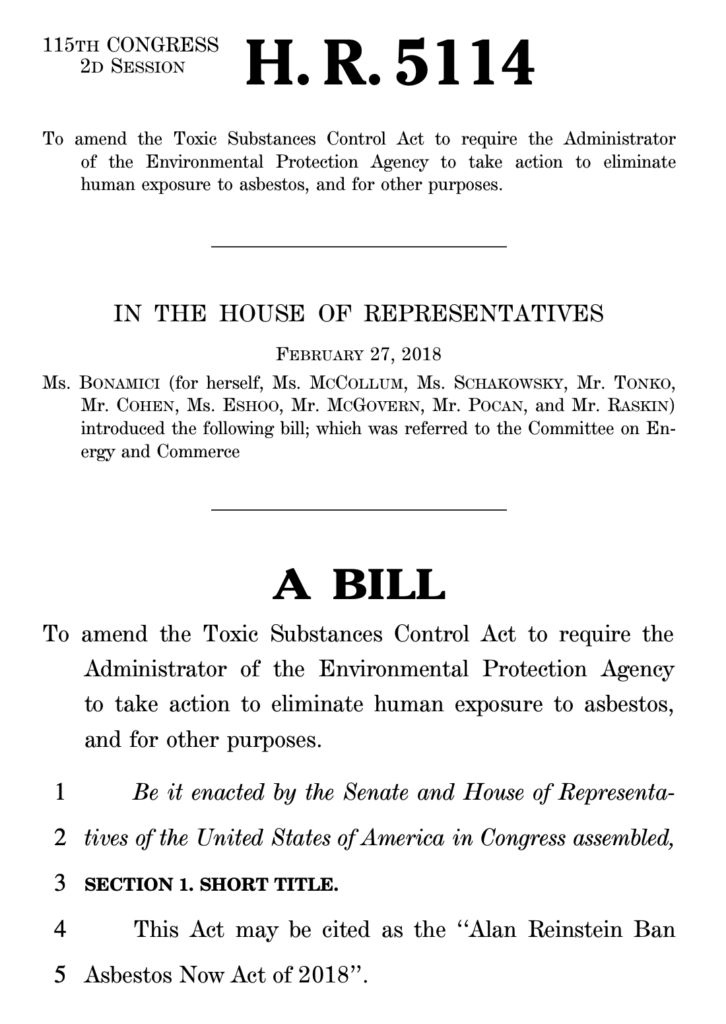U.S. Company Recalls ATVs Shipped Overseas Due to Asbestos-Containing Parts

Although many Americans believe asbestos is banned in this country, the fact is that it is not. While organizations and foundations fight for a global ban on the toxic mineral, the U.S. is one of the last holdouts. U.S. vehicle manufacturers can still use asbestos-containing materials in some products, but few other countries still allow that practice.
Polaris Industries, a Minneapolis-based manufacturer of ATVs and snowmobiles, had to recall nearly 35,000 all terrain vehicles for violating the asbestos ban in Australia, Europe and New Zealand, according to a June 19 article in the Seattle Times. The vehicles included nearly a dozen different ATV models sold in those countries since Dec. 31, 2003.
No Polaris recalls are expected in the United States and Canada since there are no bans in place regarding asbestos use in brake pads and other parts.
Although asbestos has been identified as a human carcinogen, and exposure to the mineral can lead to mesothelioma and other diseases, it has been used for decades by U.S. manufacturers in building construction materials as well as in vehicles in brake pads and clutches. Since the 1980s, asbestos has not been used in building materials.
Mesothelioma is a unique and rare form of cancer, typically affecting the lining of the lungs. Before doing any work on a vehicle, assume asbestos is present and consider taking it to a certified mechanic who understands the dangers of asbestos and follows proper safety procedures. The U.S. Environmental Protection Agency reports there is no safe level of asbestos exposure.
In its brochure, “Current Best Practices for Preventing Asbestos Exposure Among Brake and Clutch Repair Workers,” the U.S. Environmental Protection Agency notes that some automotive brakes and clutches in use today may contain asbestos, and as a result, anyone who repairs or replaces them may be exposed to asbestos dust. There are mandatory measures that employers must implement for automotive work, but the EPA encourages home mechanics to be cautious.
As a best practice, the Occupational Safety and Health Administration states that mechanics should assume all brakes have asbestos-type shoes and use the “wet wipe method” during work on the parts. The method involves using a spray bottle of water to wet all brake and clutch parts. The brakes can then be wiped clean with a cloth. Brake and clutch dust can be seen when a brake disk, drum, clutch cover, or the wheel is removed from a car, truck, or other equipment.
The Asbestos Disease Awareness Organization, with a mission to raise public awareness about the dangers of asbestos exposure and to work towards a global asbestos ban, reports that the United States is the last western industrial nation not to ban asbestos and that just last year asbestos consumption in the U.S. was approximately 340 metric tons.
The ADAO posted the following message on its website on June 2 to encourage the public to take action by signing a petition to have the EPA ban asbestos.
“The EPA has put decades worth of time and dollars into research asbestos — they have all the data they need to ban this killer completely — without any loopholes or exceptions that allow greedy corporations to keep using it.
Rather than spending more years and more money to determine what we already know to be true, we urge the EPA to heed existing data BAN ASBESTOS NOW!”
Close to 3,000 Americans are diagnosed with mesothelioma each year. The cancer is highly aggressive and there is no cure.
Photo Credit: Polaris Industries
If you have been suffering from asbestos-related diseases, our asbestos attorneys at Belluck Law can certainly help. We have locations at Albany, Rochester, NYC and Woodstock.



